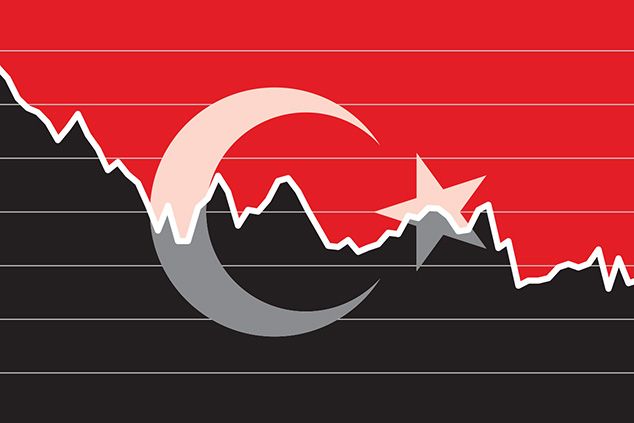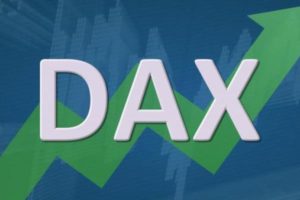Turkish economy overview
The history of Turkey is full of military coups that took place either following a suffocating economic crisis, or political decisions viewed negatively by the army on which the Turkish Constitution, until 2010, had conferred a central role in the defense and protection of the Turkish Republic and the secular system. The beginnings of an economic crisis combined with the Turkish government policies were so vigorously opposed by the civil society and the opposition gave a motive for the “council for Peace” to perform their first coup since 1997
Indeed, after reaching its apogee in 2013, the Turkish economy was struggling to recover. The GDP fell by 12% in 2015 compared to 2013 from 823Bn USD to 718Bn USD, unemployment has steadily increased to reach 10.2% by the end of 2015 with no hope for change in tendency in 2016. The decline in GDP could be explained by lower tourism revenues, representing 6% of GDP, after multiple attacks on traditional temples representing the center of Turkey’s attraction. This is one of the reasons why unemployment increased, since tourism represents 16% of employment. The GDP decline could be explained by the exodus of capital from emerging markets since June 2013 and the decrease in exports by 8.7% in 2015. This has led the TRY into a downward spiral. In 2015, the TRY has lost 24% of its value against the USD and got ranked as the third worst performing currency worldwide. The harmful consequences of capital flight were exacerbated by the unstable geopolitical environment and the uncertainty related to the presidential and legislative elections. The Inflation was far from being mastered and hovered around 8%. The situation worsened further following the Russian sanctions against Turkey. Russia in fact represents 10% of tourist flow to Turkey and 2.5% of Turkish exports. Moreover, the sharp growth of household consumption led to relativize the situation and boost growth. The increase is due, amongst other reasons, to the wide presence of Syrian refugees. This staller growth of domestic consumption would continue in 2016 after the 30% increase in the minimum wage.
Salah AYARI
Étiquette:ABC-BOURSA.COM, Economie, Turkish, Turquie




